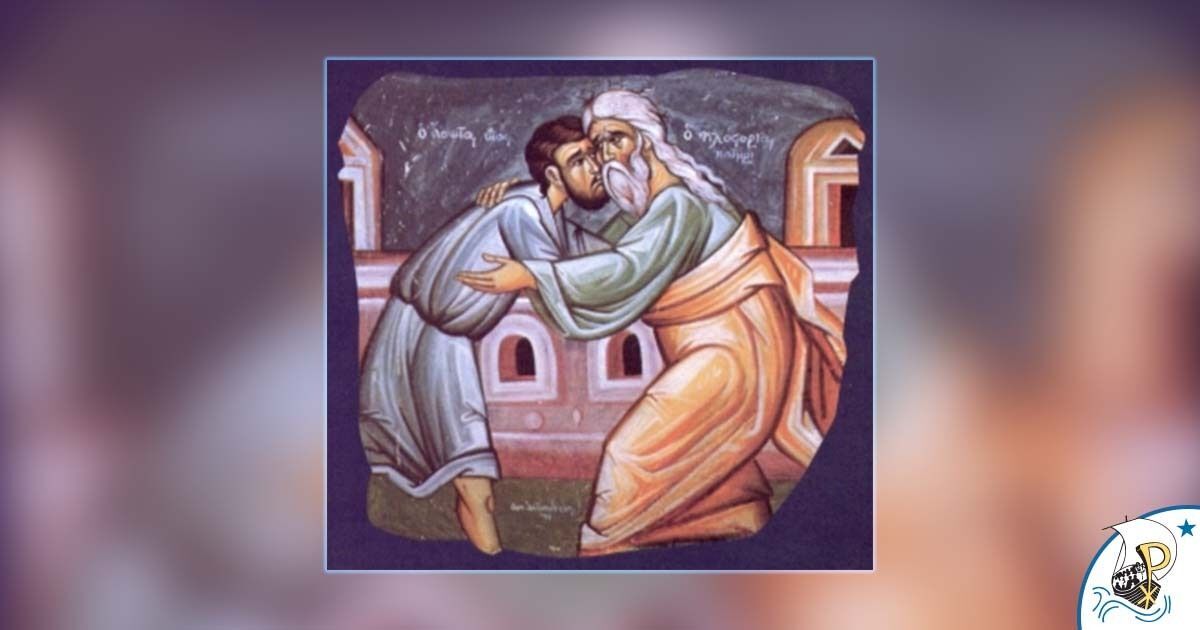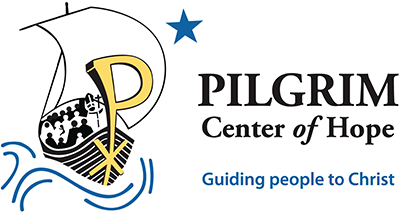
It’s a common question: “What does God want?” How do we know? Listening to God’s voice in prayer and penance is a wonderful practice to help us discern this important question. Here are some practical principles (based on Peter Kreeft’s book “Making Choices”) to help you discern God’s will for your life:
ONE: LOVE GOD!
The first principle is embarrassingly simple: LOVE GOD. If you love God, you will love his will; if you love his will, you will want to do his will; if you want to do his will, you will want to know his will (in order to do it); and if you want to know his will, you will! Jesus said that all who seek, find. This refers to finding God and his will. Not all who seek wealth, glory or even health will get it, but all who seek God will find Him! Our faith is important, a child-like faith, trusting in God, our Heavenly Father.
TWO: LISTEN to the HOLY SPIRIT
Open yourself up to the Holy Spirit. God guides us when we want to do His will. We must have an attitude like Mary, the Mother of our Lord: “I am the Lord’s servant, and I am willing to do whatever he wants” (Luke 1:38). Ask Mary to intercede for you. Ask her to pray for you to be docile to the Holy Spirit.
THREE: GET RID of OBSTACLES
Why, with such powerful help available, does discernment seem so difficult? Not because there’s not enough power, but because there are obstacles that we put in the way. What is that obstacle? SIN. But the obstacle is not sin as such, but unrepented sin. None of us can avoid sin. Saints are simply sinners saved. When sin is unacknowledged and unrepented, it sticks to our spirit and blinds our minds. Repented sin is like garbage put out for the divine garbage man to take away. Unrepented sin is like garbage left in the kitchen that stinks up the air around all the food. Sometimes we rationalize sin rather than repenting of it and it blocks our discernment.
For instance, a married person committing adultery may say that they have fallen in love with someone and feel that God must then be leading them to divorce their spouse to marry this other person. But God has made it clear. He said “You shall not commit adultery.” We can be sure that this person’s idea is not God’s will for him or her, but the obvious sexual sin is a serious obstacle. It also damages his/her relationship with God; this also affects the Body of Christ! Once our will is out of line with God’s will, only 3 things can happen:
- Turn, repent, and restore the relationship with God and with it the power of discernment OR
- We keep walking away from God, knowing what we are doing but do it anyway; OR
- We walk away but rationalize it because we can’t endure the truth that we are turning our backs on God, on Truth, on the source and standard of all goodness, including our own.
To repent is a matter of the HEART, the MIND, and the BEHAVIOR. Once the heart repents, we start the journey; the heart is the captain of the soul. When the mind repents, we bring every thought to Christ. When we repent through behavior, we are on the road to recovery; a life of good virtues will help us live a healthy life!
Think of this analogy: The WILL is the Captain, the MIND is the navigator, and the BODY (hands and feet) are the engines of the ship. The whole ship needs to turn (in other words, to repent).
FOUR: GET RID of UNFORGIVENESS
How important is forgiveness? So important that Christ commanded us to mortgage our very salvation on it. An unforgiving heart is so at odds with the heart of God, whose very nature is to forgive, that it cannot discern God’s will. So before trying to discern God’s will, be sure you aren’t holding a grudge against anyone.
FIVE: MAKE IT a HABIT
Discernment is a habit, not a quick fix. When we become Christians we are not called to abandon common sense. The New Testament writers often encourage us to think and never discourage us from using our minds. Today, we are so used to “instant gratification.” We must learn to be patient with nature’s and grace’s slow rhythms of growth. How do we do this?
Virtues in reality are habits of doing good. Choosing the good, using our common sense—it’s a daily effort. We wake up each morning realizing it to be a new day and a new beginning and also a continual journey of what already has been experienced. The way we progress is to try to consciously do the opposite of our weakness. If we are impatient, let us try to be more patient…another words exercise that virtue. “No pain no gain” has some truth to it!
Cultivating habits is like cultivating crops; it takes time. Habits can fertilize other habits.
SIX: BE PRUDENT
“Prudence” means practical wisdom. It is a matter of reason, intelligence, and practical wisdom. Sometimes we ignore this intellectual ingredient when we relate ONLY to the heart and the Spirit. For example: “I feel I love this person very much so I am going to agree to have premarital sex.” This is not being prudent or wise! We must use our minds to discern between good and evil. God wills for us to use our own reason in making specific moral decisions. (Grace builds on nature).
When discerning, always consider the three main factors involved in any given question or problem:
A. God’s objective moral law, revealed in Scripture and the Church’s authoritative interpretation of it.
B. The situation God providentially arranges for you.
C. The testimony of your own conscience, especially the inner peace that you have, is a mark of the Spirit’s presence.
SEVEN: LISTEN when you PRAY
Discerning God’s will is the fruit of a healthy relationship with the Triune God. The fruit of prayer. But remember: prayer is a dialogue with God. The scriptures tell us how God spoke many times to people. So many times WE do all the talking and hardly listen!
What do you think about this: you go to your doctor and tell him/her… “I have problems with my back, I have constant headaches, my blood pressure is high almost everyday. These are my problems and pains Doctor. OH! I also need my allergy shot!” Then having gone through my list I look at my watch and say, “Oh my goodness, I have to go..well thanks for listening!” The doctor would say.. “Wait just a minute, you didn’t let me tend to you.”
"Prayer is very important part of our relationship with God. Prayer is the life of a new heart." (Catechism of the Catholic Church, no. #2697)
Mary Jane Fox, D.H.S. is Co-Founder & Co-Director of Pilgrim Center of Hope with her husband, Deacon Tom Fox. The two left their careers after a profound conversion experience and began working full-time in ministry at their parish in 1986. After several years and having impacted tens of thousands of families, the Foxes founded Pilgrim Center of Hope in 1993 as a response to the Church’s call for a New Evangelization. Mary Jane is an invested member of the Equestrian Order of the Holy Sepulchre of Jerusalem, a Dame of the Holy Sepulchre.
Answering Christ’s call, Pilgrim Center of Hope guides people to encounter Him so as to live in hope, as pilgrims in daily life. See what’s happening & let us journey with you! Visit PilgrimCenterOfHope.org.
